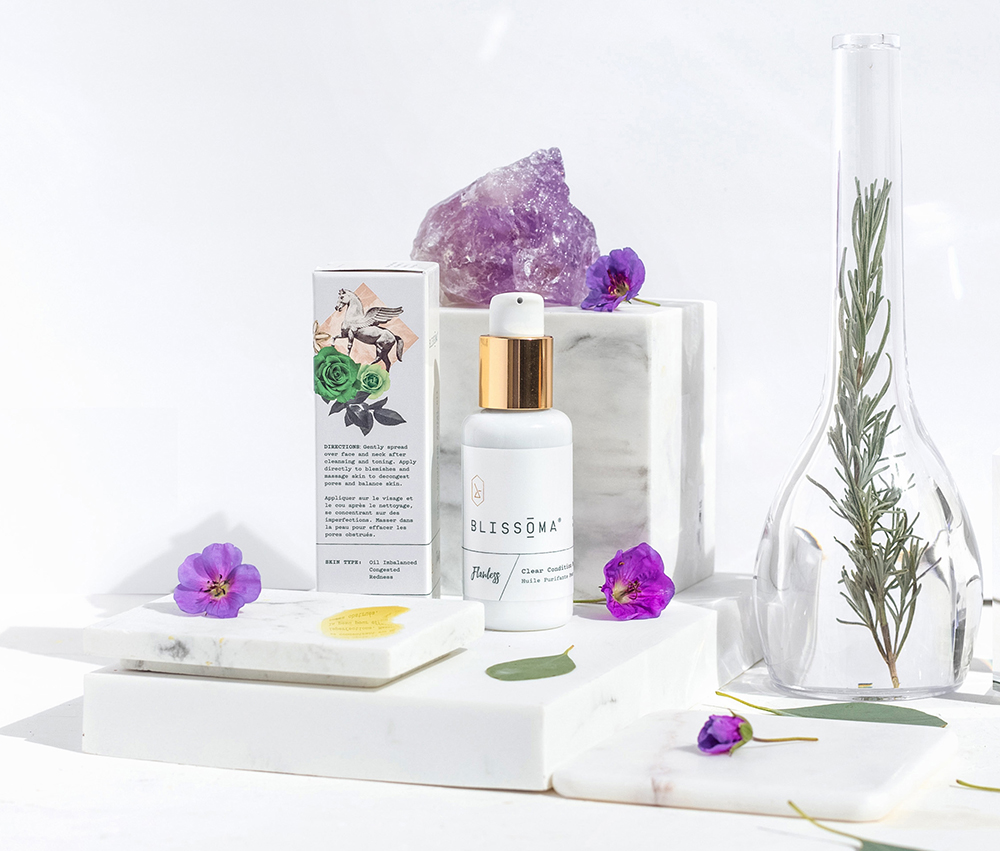It seems there’s always a contentious bit of information making the rounds where natural ingredients are concerned. The rumor mill is currently putting plenty of effort into scaring people about PUFAs, or polyunsaturated fatty acids, in skincare and whether these ingredients are bad for your skin.
Before you toss all skincare products that contain any type of plant based carrier oil, you will want to learn more about polyunsaturated oils and other types of oils, their role in skincare, and whether or not they are actually detrimental to the wellbeing of your skin.
What Are PUFAs?
The two main types of fats are saturated and unsaturated. A saturated fat has no double bonds (the component in fat that makes it liquid at warmer temperatures), while unsaturated fat has one or more double bonds.
PUFAs are unsaturated fats that are deemed by many as essential to a healthy diet. Some common PUFAs are referred to as omega 3, omega 6, and omega 9 fatty acids. Because they are liquid at room temp, they are referred to as oils and are obtained from fish, plants, seeds, and nuts.
Unsaturated fatty acids are also added to skincare. Some examples of commonly used oils with polyunsaturated fatty acids in skincare are argan, rosehip, almond, grapeseed, sunflower, and borage.
Are Polyunsaturated Oils Bad For Your Skin?
You can find information online that says PUFAs cause everything from aging to inflammation and cancer when consumed in foods because they are more likely to oxidize in the body than saturated oils. This oxidation, they feel, could lead to health issues caused by free radical damage.
Some natural beauty enthusiasts were quick to follow suit, making claims that, because natural skincare is comprised of natural ingredients including natural oils, PUFAs cause aging of the skin, UV damage, and so on. But there are holes in this theory.
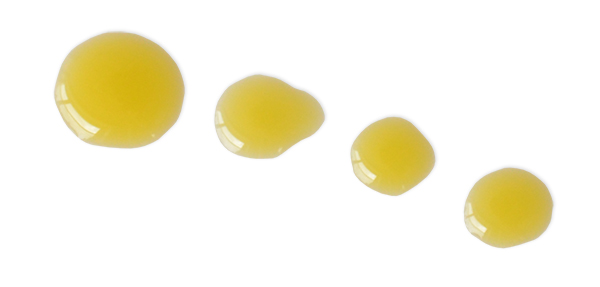
For starters, it’s important to note that consuming an oil and using that same oil on the skin are two very different things. The idea that research regarding the detrimental effects of PUFAs in the diet translates to how the ingredient behaves on the skin is unreliable. We will leave the matter of consuming PUFAs in food to another time and focus on their use in skincare.
The skin’s own naturally produced sebum contains squalene and PUFAs like linoleic acid and sebaleic acid among other unique free fatty acids. Trying to avoid PUFAs on skin is therefore an effort as fruitless as trying to avoid having skin at all because it is constantly producing its own. It is true that the PUFAs naturally present in skin sebum do oxidize when exposed to UV rays, but this cannot be avoided with use of saturated fatty acids in skincare.
Then considering the oxidation aspect of unsaturated fats, yes, they may be less stable than saturated fats and oxidize more easily. But, when using natural skincare, you want your products to be as fresh as possible, and there are ways to keep your oils fresh longer and tell when a product has oxidized.
When an oil oxidizes, or becomes rancid, it can lead to congestion of the skin because of the way the chemical changes affect how the oil behaves. Rancidity causes oils to become more sticky and resinous. A rancid oil will not absorb well through pores and can clog the skin, forming a film across the surface. This is why care should be taken to use skincare oils that are fresh and properly handled and stored.
Oil begins to degrade when exposed to heat, light, and air. It’s best to keep skincare made with natural oils in a cool, dark place and be sure to use clean hands when handling the product. Also, look for expiration dates on products and purchase from reputable manufacturers.
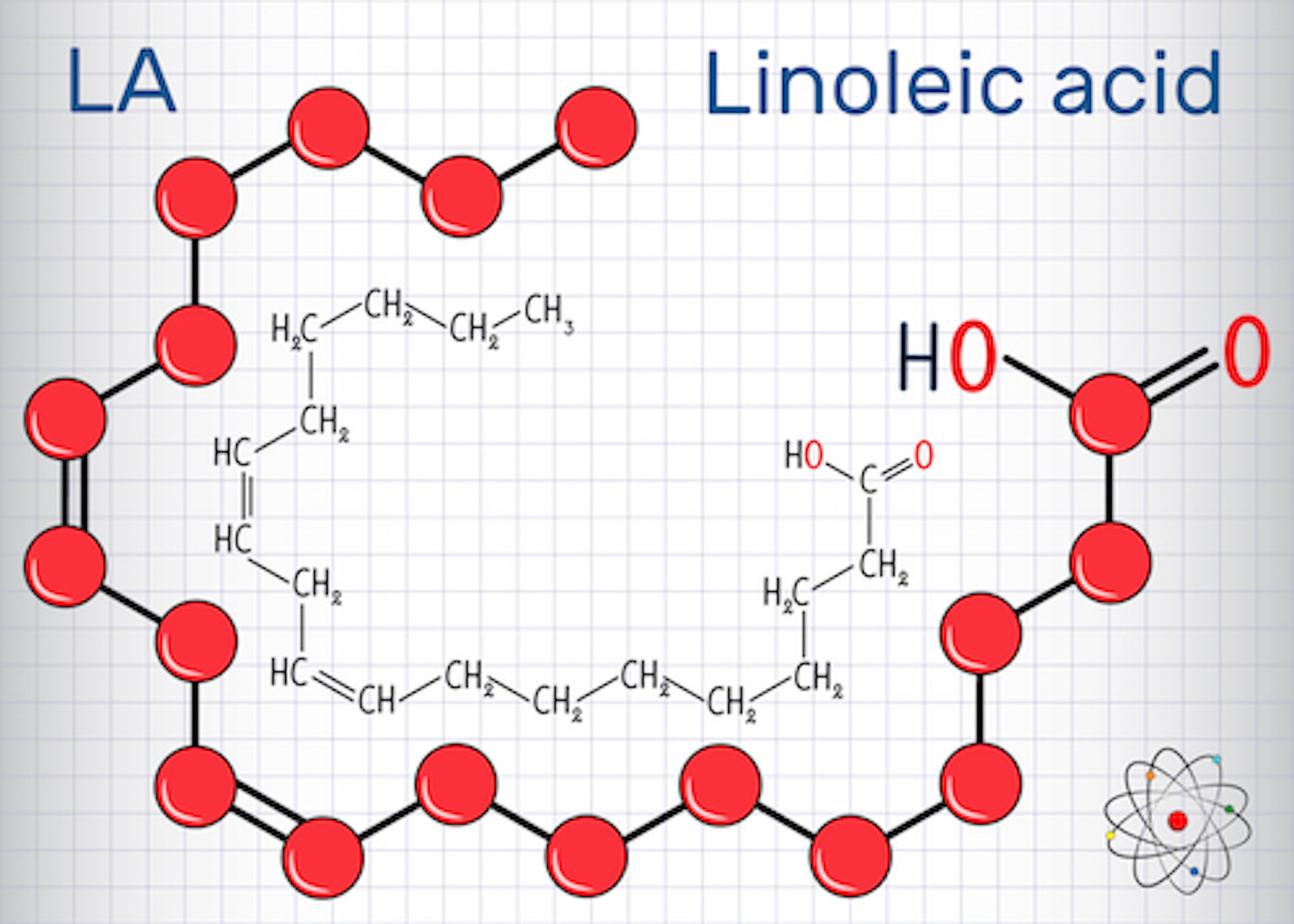
What Are the Benefits of Saturated Vs Unsaturated Fatty Acids?
Both saturated and unsaturated fatty acids have some good points and some downsides.
The big benefit to saturated fatty acids is their long term oxidative stability. They stay fresh a long time.
Saturated fatty acids are compounds like Caprylic, Capric, Lauric, Myristic, Palmitic, and Stearic fatty acids. These generally appear in solid oils like coconut oil and palm oil as well as in butters like cocoa butter and shea butter. Lard or tallow and animal fats are also generally saturated.
Coconut oil has been implicated in causing some skin problems like acne breakouts and chronic dryness because of how its fatty acid composition interacts with the skin. It has some unique antimicrobial properties, but not many vitamins or antioxidants in it. Palm oil's biggest problem is more related to environmental controversy due to how palm plantations affect deforestation and wildlife. And while palm oil is naturally high in vitamin e and carotenoid compounds the reality is that most palm oil used in skincare is heavily refined, and unlikely to still contain these nutrients.
Caprylic and Capric fatty acids, when isolated from coconut oil, can be effective, neutral skin emollients but contain no vitamins or antioxidants.
Stearic fatty acid has such a high melting point of 156 F that it is unlikely to absorb well into skin. This is a double-edged sword. For people with extremely sensitive skin and barrier problems this may help add a protective layer to the skin's surface, but the solid fat crystals may also clog pores, leading to breakouts.
By contrast the fluid nature of polyunsaturated fatty acid based oils makes them easier for skin to absorb and utilize their unique chemistry. Punicic acid is the major unsaturated fatty acid compound in pomegranate seed oil, representing over 75% of the oil. Punicic acid, also known as omega 5 fatty acid, is has been shown to have natural anti-inflammatory properties and is being studied for potential use in internally treating inflammatory bowel disease, bone density problems, and even anti-cancer benefits.
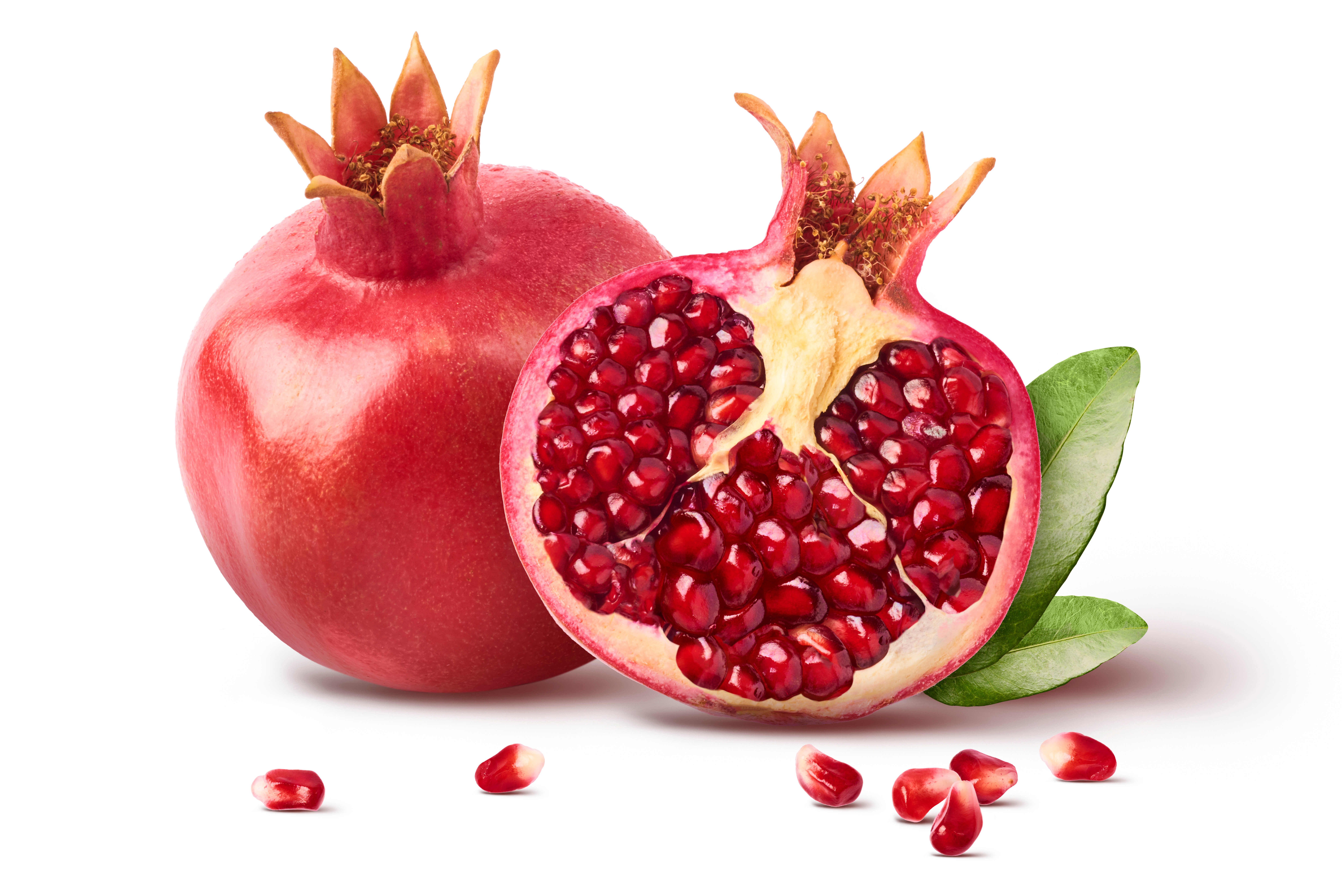
When used topically on skin pomegranate seed oil and punicic acid are proven to reinforce collagen production, increase skin elasticity, improve scar appearance and prevent inflammation. The unique chemistry of the oil stimulates the outer layer of the skin, improving growth and reproduction of skin cells, and thereby, healing. It can even be used to heal irritation from sun damage and decrease the inflammation associated with it. Rather than being a detriment with sun exposure pomegranate seed oil and its polyunsaturated fatty acids can help protect skin from long term damage and rebuild it.
Do PUFAs Cause Skin Aging?
Now for what you truly want to know. Do PUFAs cause your skin to age more rapidly? The short answer…nope.
As mentioned above, the skin naturally makes a certain amount of PUFAs through sebum and its natural lipid structure. If you’ve stumbled upon a beauty article claiming PUFAs in your skincare are causing your skin to age, realize that there are many scientific studies available that contradict this misinformation.
For instance, a study published by Oregon State University Micronutrient Information Center stated that topical application of sunflower oil (a PUFA) increased the linoleic acid (LA) content in the epidermis, or top most layer of skin. LA is the most abundant naturally occurring fatty acid in the epidermis and helps to support skin barrier function, and a deficiency of LA in the skin can lead to scaliness and excessive epidermal water loss. The research also stated that application of sunflower oil to skin normalized transepidermal water loss (TEWL), helping to prevent damage to the skin barrier function, and reduced skin scaliness after two weeks of daily application.
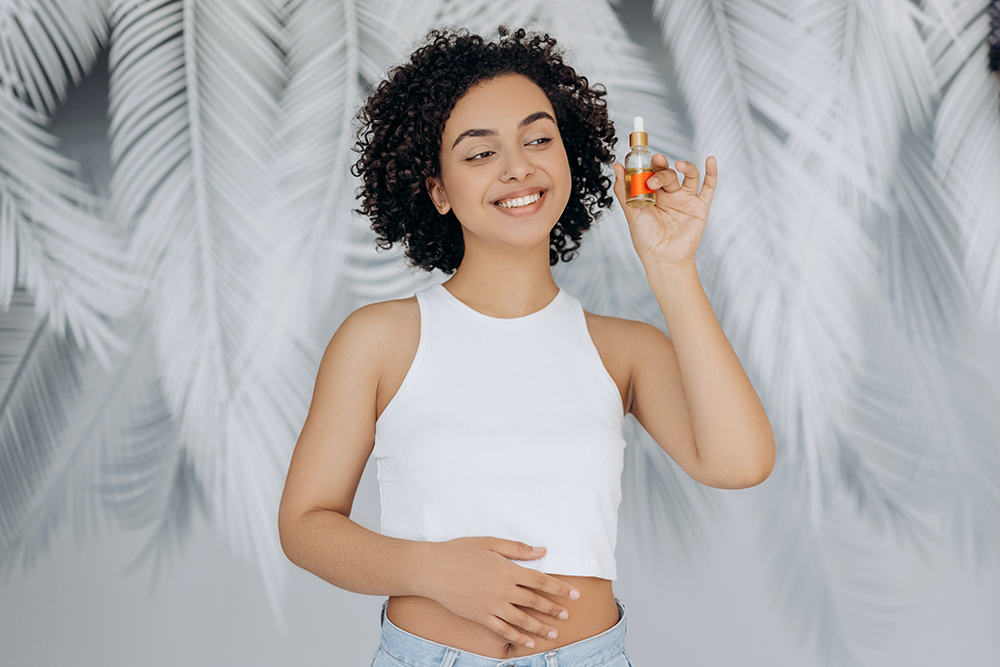
Those PUFA-hating articles on the internet also claim that sun exposure while wearing skincare that contains PUFAs leads to skin aging and is bad for the skin due to UV light causing rapid oxidation of the oils which trigger free radical formation and inflammation in the cells. Research published in the International Journal of Molecular Sciences – which studied many plant oils, including PUFA oils like pomegranate, rosehip, borage, and almond – concluded that plant oils may act synergistically when applied topically, supporting the skin barrier and antioxidant activity, and promoting wound healing and anti-carcinogenic properties.
One of the biggest causes of skin aging is certainly sun exposure, but it is simply the sun itself and the reactions UV rays cause within cells that create that damage, not PUFAs on skin. As much as 80% of facial aging is attributable simply to UV exposure alone. UVA rays penetrate into the deep, living layers of skin and damage your DNA. Only avoiding sun exposure prevents this damage.
By avoiding use of PUFA oils people are unfortunately actually eliminating one of the key ways to assist skin with repairing damage from sun exposure.
The Best Oils for Skin and How They Work
When selecting natural skincare, choosing items with high quality ingredients is absolutely essential to efficacy and safety, and this includes natural oils with PUFAs. Steering clear of oils that lack skin supportive nutrients and those that are heavily processed, like corn and soybean oil, is a good first step.
Oils like raw hemp seed, cranberry, perilla, or chia seed offer a nutritious boost to skin along with a wealth of skin benefits. Cranberry oil, for instance, is a natural source of Vitamin E, which counters oxidation. Perilla oil is rich in antioxidants which work to fight free radical damage. And hemp seed oil helps to support the skin barrier, the skin’s first line of defense against outside damage.
The bottom line? PUFAs are not universally bad for skin. Much more important when selecting ingredients to use in your skincare regimen is purchasing from brands who source high quality plant ingredients and natural oils that retain their nutrition, and choosing products designed to address your individual skin type and issues.
We proudly source, blend, and share skincare products made with polyunsaturated fatty acids because they strongly benefit the skin. We use beautiful, nutrient-rich PUFA oils to make facial oils, serums, moisturizers, masks, cleansers, body creams and more. The scientific research and the results of our clients over more than 10 years show how healthy they are for skin.
Disclaimer: The information contained on this site is general in nature and for informational purposes. It is not meant to substitute for the advice provided by your own physician or other medical professional. None of the statements on this site are a recommendation as to how to treat any particular disease or health-related condition. If you suspect you have a disease or health-related condition of any kind, you should contact your health care professional immediately. Please read all product packaging carefully and consult with a healthcare professional before starting any diet, exercise, supplementation or medication program. Cosmetic products have not been evaluated by the Food and Drug Administration and are not intended to diagnose, treat, cure, or prevent disease.



